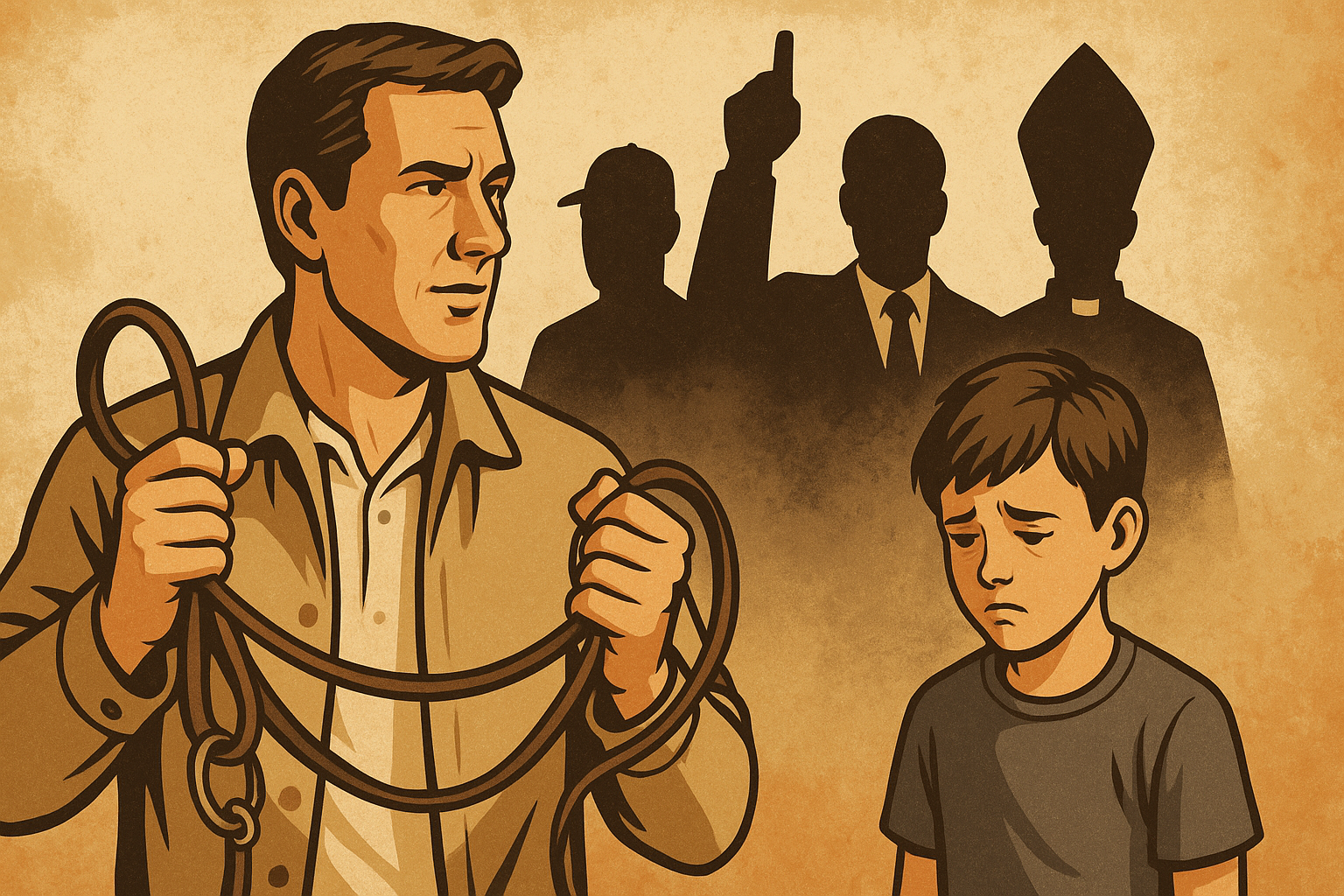READ IT TO ME: Click play to listen to this post.
“No matter how much you screw up your own life by the wrong decisions that you make, it’s never too late to do the right thing and change your ways and you can teach old dogs new tricks.”
— Will Ferrell
Have you ever wondered why someone so smart can be so helpless toward controlling addictive behavior? Like a deer staring in headlights, addicts fall into an addictive trance with their drug of choice. Frequently, they don’t recognize the triggers or build-up behaviors that lead them down the primrose path of addiction relapse. There is a host of dynamics that trigger an addictive act out.
Recently, one addict told me that he feared if he stopped trying to fix problems in his nuclear family and his family of origin that, he would lose them both. His obsession about fixing his family’s problems caused him to lose his way in maintaining his own sobriety.
Here are some common behaviors that contribute to addictive relapse:
1. Stuffing feelings and refusing to share. Things build up. Addicts often distract themselves from the build-up of tension and pretend it doesn’t exist. One addict described this behavior as a way of snuggling with a skunk. By this, he explained that his tendency, when annoyed, resentful, or deeply hurt, was to go inside and hide these feelings from himself and others. His hate and anger toward those who hurt him became relentless. Yet, he pretended to be doing just fine. The feelings never took a vacation and relentlessly hammered him again and again. Upon reflection he described the experience as snuggling with a skunk. This you do not want to do because it is lethal to sobriety. In time, he relapsed. Others were surprised. But, when he did an autopsy on his relapse, he discovered that he had been snuggling with a skunk. From the relapse, he learned to open his heart and courageously share with vulnerability.
2. Trusting others when it was unsafe. Addicts often have great street savvy about their addictive behavior but can be most naive about recovery behavior and friends. Some addicts put themselves in harm’s way. Like the guy sitting in the middle of an intersection wondering why he got run over, addicts can put themselves at high risk without recognizing the danger. Sometimes, they hang out with friends who do not take their recovery seriously. With a good sponsor, addicts gradually learn to trust others after building trust step by step.
3. Manipulating to get what you want. There’s a part of every addict that becomes an egotistical control freak! They want what they want when they want it! In different ways every addict is a master of manipulation. Not always. But, when push comes to shove, they do both to get what they want. Recovery requires humility. Humility fosters coachability. With the help of a good sponsor and a solid support group for accountability, an addict can learn to simply ask for what they need, take what is, spread it around, and make it enough.
4. Shutting down, isolating with endless ruminations. Rather than accessing their voice and saying it straight, some addicts shut down, pull away, and sulk in isolation without clarifying their needs. In the process, they give away their voice and barricade their thoughts with endless ruminations about what ought to have been, should be done, and what I’m gonna do. A lot of emotional BTUs are burned unnecessarily. In recovery, addicts learn to recognize their feelings and understand what needs must be met in a healthy way. They practice accessing their voice and sharing what they need.
Street smart is an old survival strategy that once worked with addiction behavior but will not work in recovery. Shifting out of old survivor behaviors that no longer work with healthy replacement thoughts and behaviors will only be engaged when an addict decides to do whatever it takes to stop the runaway train going down the track called addiction.





